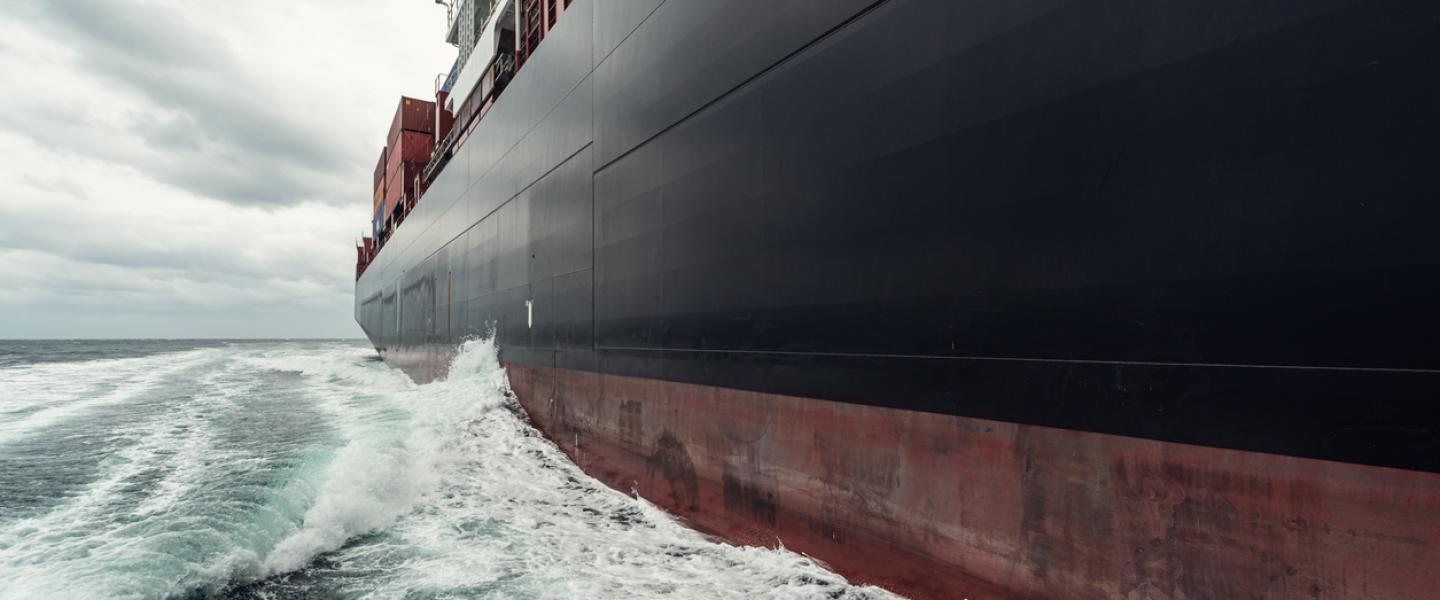HRAS International has given an exclusive interview to SAFETY4SEA on human rights protections for seafarers, issues of abandonment, transparency and accountability in the modern day shipping industry.
SAFETY4SEA: In your opinion, what are the current major challenges and issues regarding the human rights of seafarers globally?
David Hammond: The major challenges and issues remain around assuring full transparency and accountability through disclosure for all incidents involving abuses of human and labour rights of seafarers. Without constant profiling and exposure lessons cannot be learned and the necessary remediation measures rapidly instigated by port, coastal and flag state authorities. As I have said for over ten years and as a former helicopter pilot, just compare how the aviation industry treats incidents, issues reports and learns from them. A default in aviation is not one of worker / crew criminalisation, especially as we are all inherently fallible.
S4S: Can you share some success stories or positive outcomes resulting from industry’s efforts so far in advocating for seafarers’ rights?
D.H.: The ongoing international advocacy for addressing crew abandonment continues unabated and while the issue should have been comprehensively addressed by 2024, the wealth of organisations and news outlets which continue to focus on keeping the issue at the forefront of people’s awareness and policy maker’s minds – must be congratulated in doing so. Further, the clarification by the UN Secretary General in 2020 that working conditions for seafarers during the pandemic was a humanitarian issue and hence their human rights must be protected, was a seminal point for the emerging human rights at sea narrative.
S4S: Are you satisfied with industry progress on addressing seafarers’ human rights issues? What should be our next steps?
D.H.: In short, no. The fact that the UK charity, Human Rights at Sea, was established and became an SME at state and UN level in 2022 should arguably not have occurred in the industry. Nonetheless, for ten years the charity has driven change and influenced policy and legislation around the world – and not just in shipping. Further, there is a continued lack of co-ordination and agreement as to how such abuses should be dealt with, often influenced, and focused around protecting commercial reputation, as opposed to upholding victims and survivor’s best interests first.
Read the full interview HERE
ENDS.
